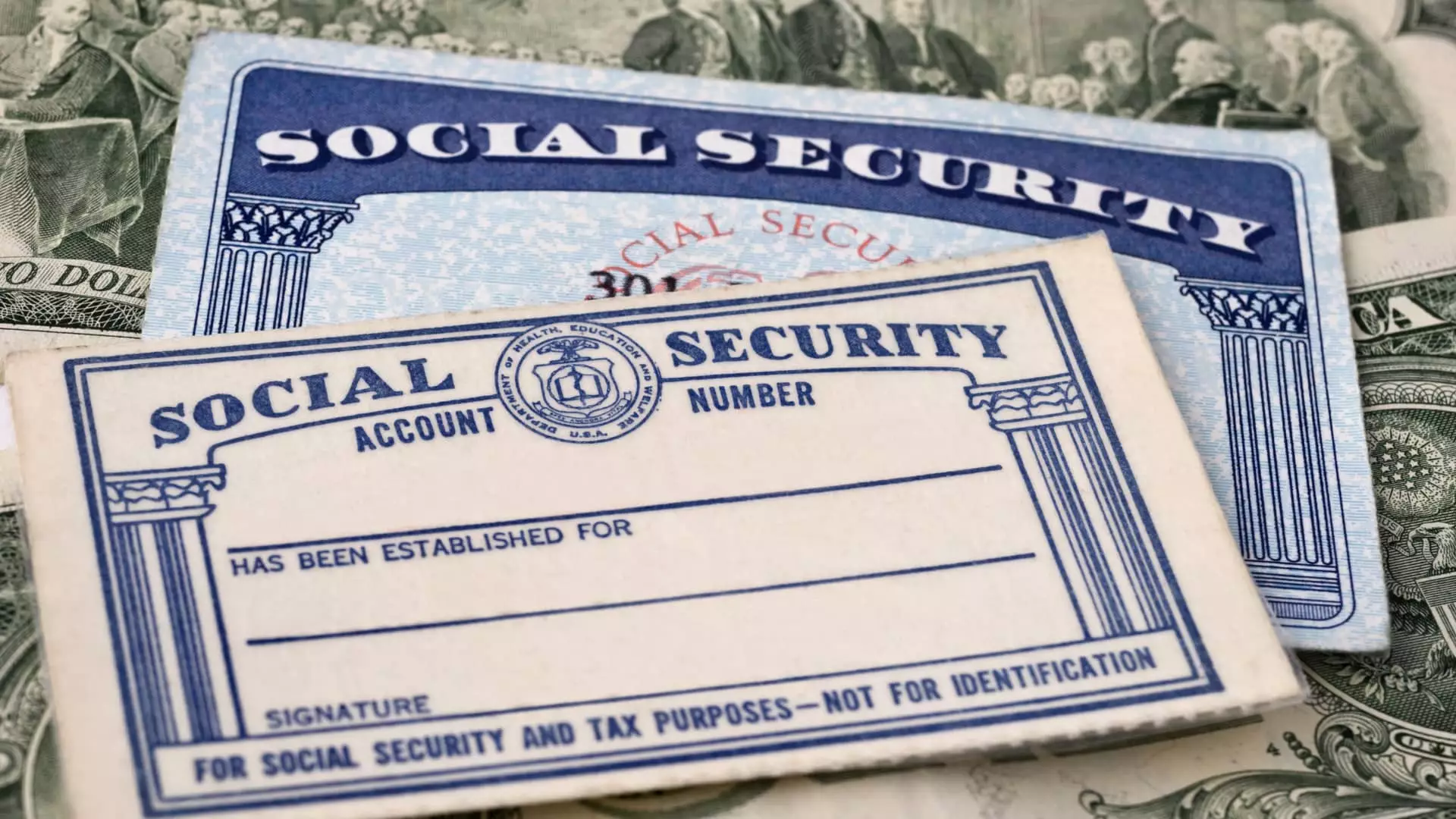In a dramatic turn of events, a group of labor unions has filed an emergency motion in federal court to halt Elon Musk’s Department of Government Efficiency (DOGE) from obtaining sensitive Social Security data of millions of Americans. This legal struggle, initiated by the legal group Democracy Forward in a Maryland court, pits everyday citizens against a powerful government body seemingly eager to plunder personal information without adequate justification. This isn’t merely an administrative issue; it signifies a chilling expansion of governmental reach into areas that have long been considered sacrosanct.
Former officials from the Social Security Administration (SSA) have also weighed in, with Tiffany Flick highlighting grave concerns about the erosion of privacy protected by current systems. In her testimony, Flick underscored the precarious position of career civil servants committed to safeguarding citizens’ data from DOGE. The very act of granting such access raises profound ethical questions about the morality of prioritizing governmental efficiency over individual privacy rights.
Opaque Motives Behind Data Access
As reported by attorney Karianne Jones, the motives behind DOGE’s intentions remain mired in ambiguity. Jones point-blank described the situation as a raw exercise of power, with DOGE “swooping in” and demanding access to an alarming breadth of private data, all without being compelled to reveal any specifics about what they intend to do with it. The vagueness surrounding this enormous data acquisition effort is equally unsettling: we are left grappling with not only the kind of data being sought but also the potential implications for the people whose lives it directly affects.
This lack of clarity feeds into a broader narrative of governmental overreach, whereby bureaucratic entities exploit the guise of efficiency reforms to trample over civil liberties. It evokes echoes of previous scandals—think the Cambridge Analytica debacle—where the misuse of personal data led to widespread public outrage. The difference now is that we are not just relying on private institutions; the state is seeking to claim access.
The Chilling Effect of Trump’s Administration
This predicament is not entirely surprising, especially considering that the roots of DOGE’s controversial actions hark back to the previous administration’s dismantling of regulatory safeguards. Under Donald Trump, an aggressive push to streamline government prompted questionable cuts across agencies—including the SSA—raising alarms about the future of vital social safety nets. The very structure that protects benefits for tens of millions is now under siege, as reductions in workforce and the closure of offices loom. These not-so-subtle shifts are alarming, given that they could directly hinder citizens’ access to essential services.
Additionally, this isn’t a standalone incident but rather part of a broader pattern of judicial pushback against DOGE’s activities thus far. While various federal judges have shown wariness regarding privacy concerns, they have frequently hesitated in curtailing DOGE’s access entirely. This worrisome trend illustrates a systemic compromise on legislative oversight in favor of dubious efficiency metrics.
A Call to Arms for Civil Liberties
This is a pivotal moment for advocates of civil liberties. As alarming as it is that DOGE seeks to lay claim to the private information of countless Americans, the chilling fact is that such actions can foster an environment where regular citizens feel powerless and exposed. If those in charge can readily access our most personal data without accountability, what does that bode for our democracy?
The ramifications extend beyond the immediate concern of privacy invasion into the realm of societal trust in government institutions. When citizens begin to perceive governmental entities as overreaching, the vigorous social contract that binds us to the state frays. A society is only as strong as the trust established between its citizens and their government, and the erosion of that trust is a dangerous path toward disillusionment and societal fragmentation.
The struggle illustrates not just the conflict between citizens and government but resonates with the very essence of democracy and individual rights. In an age where information is power, protecting personal data isn’t just a matter of privacy—it’s about preserving the integrity of our collective freedom.

